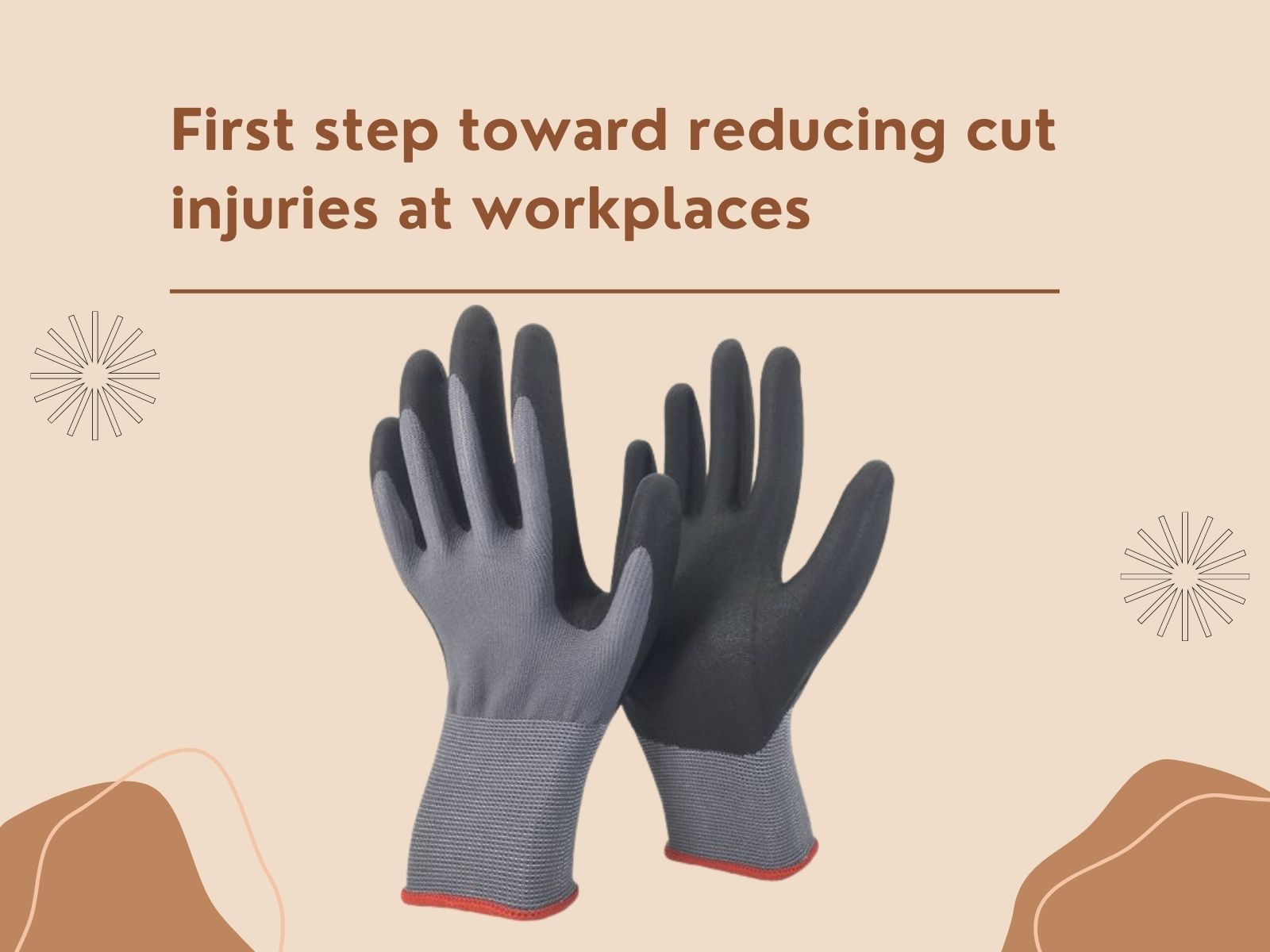 Free Shipping on Order Over $50
Anything Under $50 Flat Fee of $9.99
Track Your Order
Free Shipping on Order Over $50
Anything Under $50 Flat Fee of $9.99
Track Your Order
 Free Shipping on Order Over $50
Anything Under $50 Flat Fee of $9.99
Track Your Order
Free Shipping on Order Over $50
Anything Under $50 Flat Fee of $9.99
Track Your Order

It takes a close review of the different cut levels to choose the right glove for your workers. Also, it needs you to select the right glove that reduces cut risk, and maximize flexibility for a given task.
The American National Standards Institute’s ANSI/ISEA 105-2016 cut resistance standard uses a nine level scale. It helps users identify cut-resistant gloves that are needed for a specific hazard faced.
While cut-proof gloves do not exist, gloves designed to cut-resistant are often misinterpreted as being cut proof. They are called cut-resistant as realistically, cuts are likely to occur during specific tasks. However, by wearing a cut-resistant glove, workers can avoid major cut injuries.
The main reason your workers need cut-resistant gloves is that the skin cuts very easily. some leather gloves are cut resistant, thanks to Kevlar lining.
As a general rule, cut-resistant gloves are intended to give 360 degrees protection by using high performance yarns such as Kevlar or HPPE (High Performance Polyethylene).
A coating will increase a glove’s cut resistance but only in the applied area, which is usually the palm (unless the glove is fully coated).
In the year of 2016 ANSI and ISEA (International Safety Equipment Association) released a scale with 9 levels of cut protection. These levels show how many grams of cutting load a glove can bear from a sharp blade before being penetrated.
A1: 200 – 499 grams
A2: 500 – 999 grams
A3: 1000 – 1499 grams
A4: 1500 – 2199 grams
A5: 2200 – 2999 grams
A6: 3000 – 3999 grams
A7: 4000 – 4999 grams
A8: 5000 – 5999 grams
A9: 6000+ grams
If you closely look at glove specifications, the ANSI cut level will be displayed inside a badge.
If your workers need gloves for jobs such as:
Heavy construction
Mining
Rescue
Rigging
Iron working
Anything that puts your workers at risk of lacerations
In such jobs, your workers will need the highest level of protection in their gloves.
When they need mid-level cut resistance? Cut level pf between A3 and A5 (ANSI), if your workers need gloves for jobs that need good cut resistance and a high level of dexterity.
Those jobs may include:
Recycling plants
Salvage yards
Home maintenance work
Electrical work
When your workers need less cut protection? Your workers will need gloves with less protection if the risk of cuts and lacerations is very low. Gloves with less protection will be ideal for jobs like:
Catering and food industry
Some types of electrical work
Glass artistry
At GLOVEMART, we have a whole range of quality cut resistant gloves with varying levels of protection. We are always ready to offer gloves related advice to our clients as well. pleas visit our website for more information.